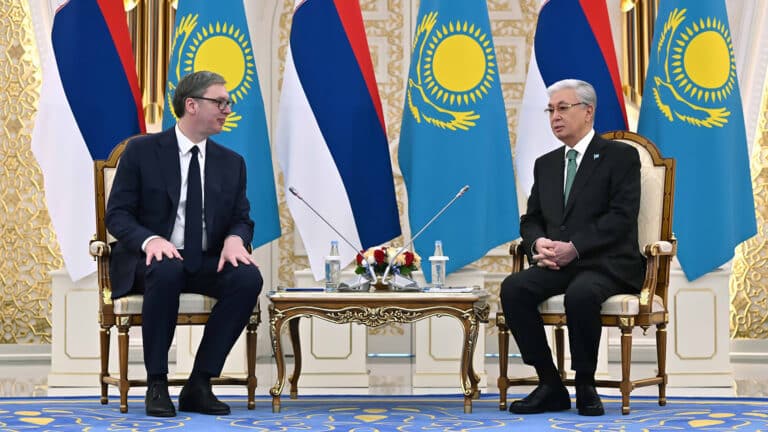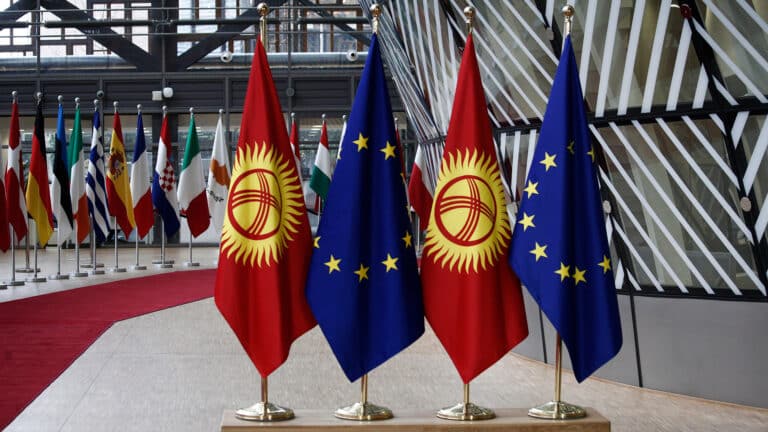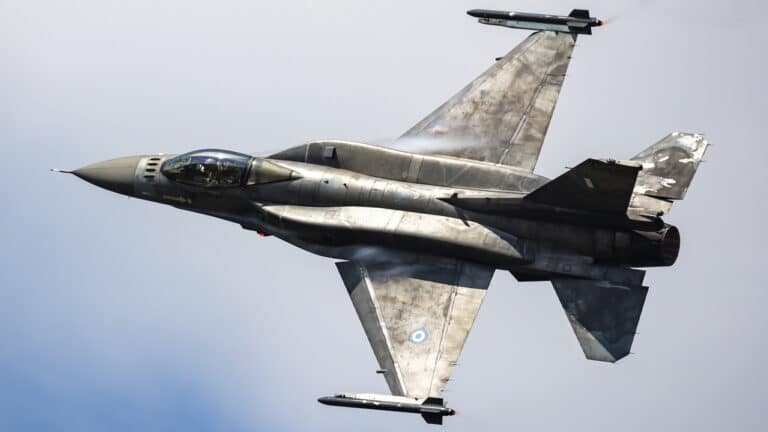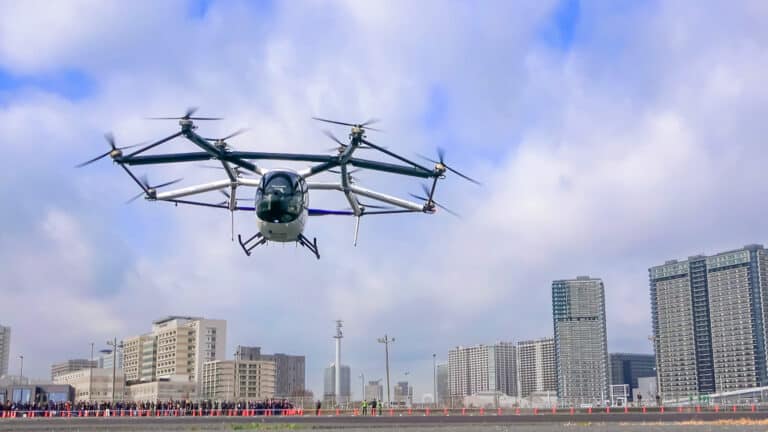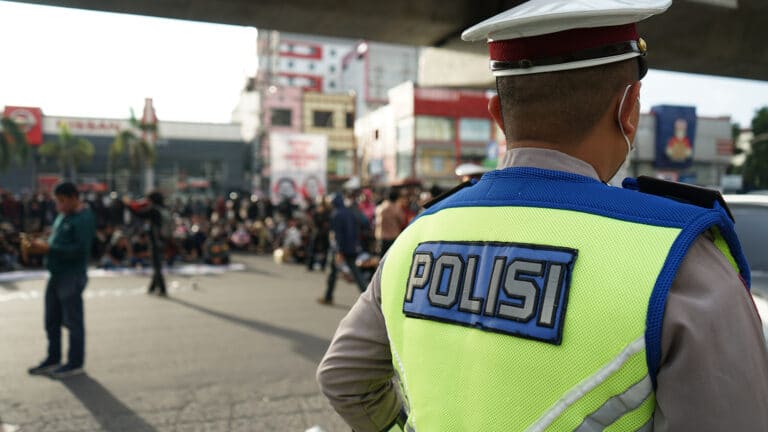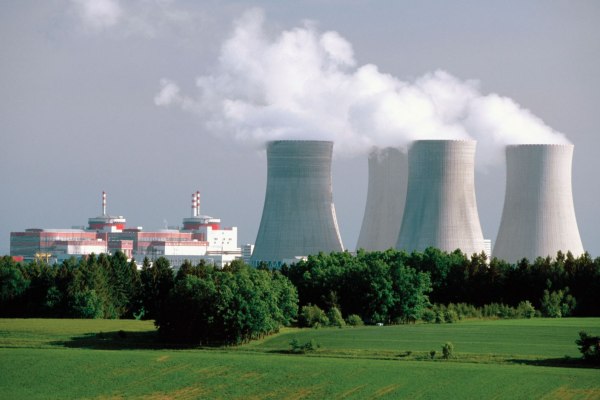
On February 27, a group of inspectors from the International Atomic Energy Agency (IAEA) started its work in Kazakhstan, according to the country’s Ministry of Energy press service.
«On February 27, 2023, the IAEA experts arrived in Kazakhstan with an Integrated Nuclear Infrastructure Review (INIR) mission in order to assess the current status of the country’s nuclear power infrastructure, including its preparedness for the construction of its first nuclear power plant. The IAEA mission will stay in the country until March 3, 2023,» the ministry said in a statement.
The mission is going to facilitate Kazakhstan with the development of a comprehensive report summarizing the assessment of all nuclear infrastructure issues in the country. The mission is closely cooperating with international experts, Kazakhstan’s Ministry of Labor and Social Protection of Population, Ministry of Ecology and Natural Resources, National Nuclear Center, Institute of Nuclear Physics, Kazakhstan Nuclear Power Plants LLP, KEGOC and Nuclear Technology Safety Center (NTSC).
The IAEA’s plan to send its mission to Kazakhstan in the first quarter of 2023 was announced in December 2022 by Shayakhmet Shiganakov from the NTSC during a round table on nuclear power issues in Astana. The mission is going to review the current status of the country’s nuclear infrastructure and verify what Kazakhstan has done to implement recommendations the previous IAEA mission had given the country in 2016.
«In the first quarter of 2023, the second IAEA mission would come to Kazakhstan. They want to review our nuclear infrastructure and, likely, we will receive more specific recommendations from IAEA representatives and experts,» Shiganakov said in December.
The first IAEA INIR mission to Kazakhstan took place in 2016. Even though there is no commercial-grade nuclear power plant in Kazakhstan, the county has seven small scientific nuclear reactors which were reviewed by international experts at the time. Kazakhstan has been thinking about a nuclear plant for years. Given the energy consumption forecast the country plans to launch a 2.4-gigawatt nuclear plant by 2035. The local government has to make a final decision about the plant by the end of this year. Each of the two 1.2-gigawatt reactors may cost about $5 billion and would take ten years to build.
The first mission had developed about 20 different recommendations and suggestions, including several recommendations aimed at the improvement of the country’s legislation. At the same time, the mission highlighted some positive developments in Kazakhstan that might be helpful for other countries. For example, Kazakhstan established a nuclear plant operating organization (Kazakhstan Nuclear Power Plants LLP) back in 2014, even though there aren’t any real nuclear plants in the country yet. Usually, such entities emerge only when a nuclear plant is in place. In addition, Kazakhstan is quite active in promoting nuclear energy. The government, for instance, organized many trips to foreign nuclear plants for representatives of the nongovernmental sector.
According to Shiganakov, the first IAEA mission helped to understand that before a final decision about a nuclear plant is made, the country has to prepare a comprehensive report on the issue. The preparation of this document is currently in progress. Second, the country desperately needs to improve its regulatory framework for nuclear power. Third, serious attention must be paid to the issue of nuclear waste disposal.
«The situation in this sphere is very bad. We haven’t done the job. We still rely on an outdated legal framework for nuclear waste disposal developed between the 1950s and 1980s. This is a huge problem for Kazakhstan,» said Shiganakov, who also highlighted that the country hasn’t implemented the IAEA recommendations in this sphere.
Fourth, the country has to improve the structure of its regulatory body if the government makes a positive decision concerning a nuclear plant. So far, the country is at the very first phase of the process. Once the final decision is made, the government will be required to organize bidding. That’s the second phase. The third phase is the construction of a plant. The IAEA representatives can visit Kazakhstan at any phase.
By now, Kazakhstan has chosen the Ulken settlement in the Almaty region as a site for the future nuclear plant. The small town of Kurchatov on the bank of the Irtysh River is another location for the second nuclear plant. On February 8, 2023, President Kassym-Jomart Tokayev said that Kazakhstan may lose its economy if it rejects nuclear power. He has ordered the cabinet to explain to the people why the country needs nuclear plants. Kazakhstan’s government has already received offers from foreign companies such as EDF, CNNC, Rosatom and KHNP, which all are eager to participate in the project.


